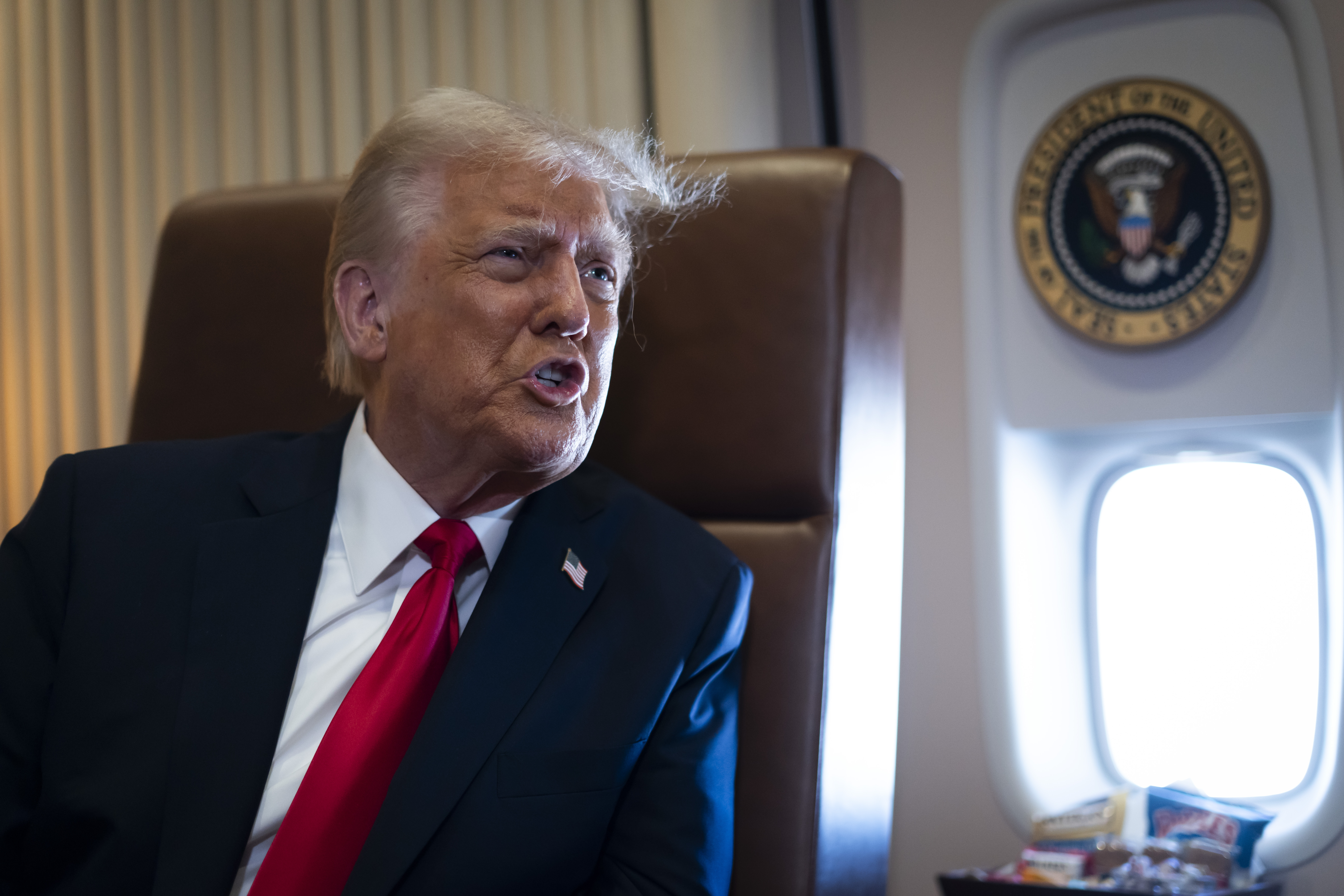New polling exhibits warning signs for Trump
Recent polling data indicates a decline in the president's approval rating.

Recent polls reveal that a majority of Americans believe he has exceeded his presidential authority and has not adequately tackled the issue of rising prices.
New surveys from CNN/SSRS and The Washington Post/Ipsos indicate that Trump's approval rating has dipped, contrasting with earlier polls this year that showed voters were relatively split on his performance, with some results even demonstrating a positive approval rating.
One factor contributing to the decline in support is that a slight majority of respondents in both surveys believe Trump has overreached in his efforts to alter the federal government, influenced by tech billionaire Elon Musk. Many of Trump’s controversial initial actions, including a broad spending freeze, have faced legal challenges. Nevertheless, the administration has made significant changes with layoffs of federal employees, reductions in federal contracts, and a surge of executive orders.
These actions appear to be unpopular, according to the new polling results. For instance, in the Post survey, 58 percent of respondents opposed the idea of large-scale layoffs of federal workers. Additionally, Musk, who is one of Trump’s most visible advisers, has not received favorable ratings; only 34 percent of respondents in the Post poll supported Musk’s involvement in the federal government, while 54 percent of CNN respondents deemed his high-profile role in Trump's administration detrimental.
Public sentiment also remains doubtful regarding Trump’s approach to an issue that many consider highly significant: high prices. The CNN survey found that 62 percent of respondents, including 47 percent of Republicans, believe the president has not done enough to alleviate the costs of basic goods.
Moreover, tariffs, which have been one of Trump's defining economic policies so far, are not perceived as a beneficial solution: 69 percent of individuals surveyed by the Post believe tariffs on Canada, Mexico, and China would increase product prices in the U.S.
The White House has yet to respond to a request for comment regarding these polls.
Despite the negative findings, not all news is disheartening for Trump. His support remains slightly higher than at the same time during his first presidential term, when he entered office having lost the popular vote. Additionally, his immigration policies have garnered more favorable ratings compared to his management of the economy and efforts to reduce the size of the federal government.
Trump is not the sole figure facing criticism; nearly three-quarters of Democrats and Democratic-leaning individuals in the CNN poll expressed dissatisfaction with congressional Democrats for not doing enough to oppose the GOP president.
The CNN/SSRS poll collected responses from 1,206 U.S. adults between February 13-17 and has a margin of error of 3.1 percentage points. The Washington Post/Ipsos poll surveyed 2,601 adults from February 13-18, with a margin of error of 2.1 points.
Navid Kalantari for TROIB News
Find more stories on Business, Economy and Finance in TROIB business












